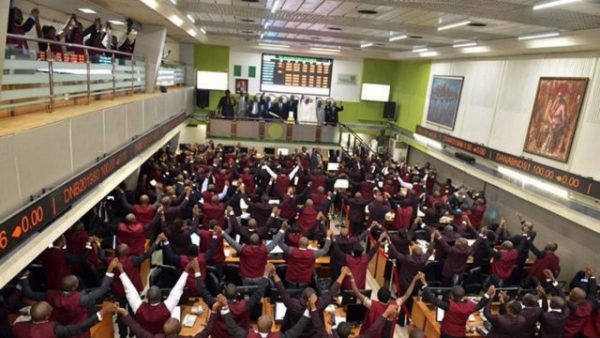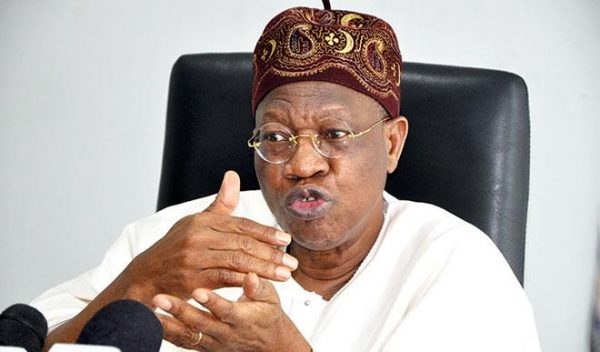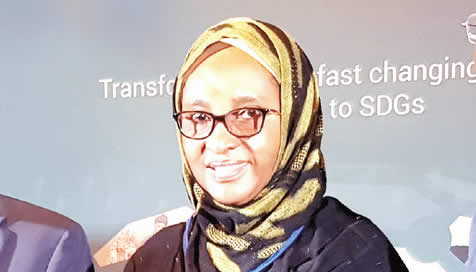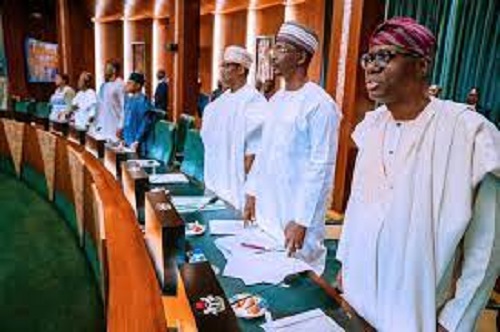NEXIM Bank’s Funding Of Mining Sector Hits N7.17bn
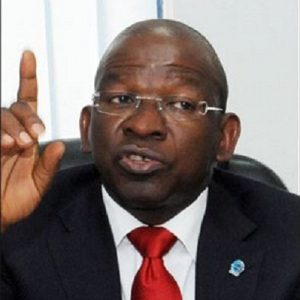
The Nigerian Export-Import Bank (NEXIM Bank) says it has channeled N7.17 interventions funds to the mining sector and created more than 4,302 direct jobs. This is since inception of the bank till date.
Mr. Roberts Ungwaga Orya, the bank’s Managing Director, disclosed this when he received a team from the World Bank led by Dr. Francisco Igualada, Senior Mining Specialist, Energy & Extractives Unit, and Mr. Linus Adie Utsu of Mining Investments Consult that visited the bank to share ideas on how to provide structured intervention towards revamping and deepening Nigeria’s mining sector.
Foreign exchange inflow
According to Orya, NEXIM since inception till date has provided interventions to the sector to the tune of N7.17 billion, and this has created more than 4,302 direct jobs plus many indirect jobs in addition to facilitating foreign exchange flow inflow of U$80,142 million annually.
Besides direct funding, towards providing assistance to Nigerian miners, NEXIM had in 2013 supported the Miners Association to move from their inaccessible office in Jos, Plateau State and provided them with free office spaces and facilities at the bank’s headquarters in Abuja.
Mr. Orya informed the World Bank team that NEXIM was set up to assist the government in diversifying the Nigerian economy away from the oil through the provision of export credit facility, risk bearing facilities, trade and market information and export advisory services to export-oriented investors in the manufacturing, agro-processing, solid minerals and services (MASS) sectors.
Focusing on solid minerals extraction, Mr. Orya stated that Nigeria is endowed with huge solid mineral deposits, with about 34 products identified in commercial quantities in different parts of Nigeria.
However, the failure of Nigeria, since independence in 1960, to put in place a structure that will make the benefits of the exploitation available to all Nigerians has been the bane of the country. The low activity in the solid mineral sector is not yielding the desired financial revenues as there are scanty records of payment of taxes and royalty to the government.
He said Nigeria is losing lots of resources from untapped mineral deposit as well as from the little that is being mined mostly by illegal miners who smuggle the products out of the country. At the moment, according to Central Bank of Nigeria (CBN) reports, the sector accounts for only 0.14 per cent of GDP and 3.8 percent of the non-oil export revenue.
Mr. Roberts Orya stated that despite its huge potentials, the sector is still grossly underdeveloped and dominated by SME/ artisanal and informal miners using crude machinery and equipment.
“There are other challenges of poor access to long term funding due to the capital intensive nature of the industry; lack of accredited laboratory for testing and poor infrastructure – roads, rail facilities – to move the products,” he said.
Dr Francisco Igualada, the World Bank Senior Mining Specialist, wondered why Nigeria, with all its huge resources and potentials has continued to earn less than Ghana, Mali and Burkina Faso from mining activities. He pointed out that the World Bank has a PPP (Public Private Partnership) arrangement which it could recommend for the development of the solid minerals sector in Nigeria.
He said that there is a need to revamp efforts and link interventions to develop the sector through arrangements like the Solid Minerals Fund in addition to renewed involvement by the government. He stated that he will seek the commitment of his office on the development of the mining sector and collaboration with Nexim Bank, especially in regard to workshop participation and capacity training.




